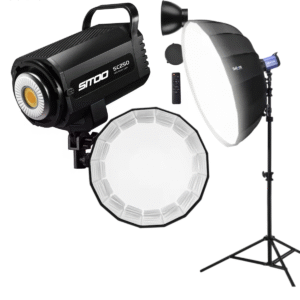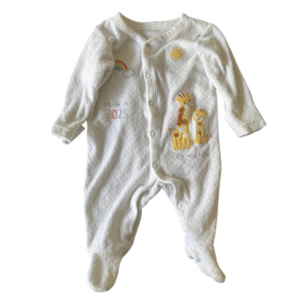Let’s face it — budgeting isn’t exactly thrilling. But if you’ve ever reached the end of the month wondering where your money went (again), it might be time to take control. The good news? You don’t need to become a spreadsheet wizard to budget well and make smarter choices with your money.
Here’s a simple breakdown to help you get started:
1. Know What’s Coming In and Going Out
Start by tracking what you actually earn and what you spend. That means everything — rent, bills, takeout, random Amazon purchases. You can use a notes app, a budgeting app, or just good old pen and paper. The goal is awareness.
Tip: Look back at your last 1–2 months of bank statements for a clear picture.
2. Set Realistic Spending Limits
Once you know your numbers, split your spending into categories: essentials (rent, groceries, transport), savings, and fun stuff. Assign limits to each based on your income.
A simple rule:
50% for needs
30% for wants
20% for savings/debt
Tweak it if needed — it’s not one-size-fits-all.
3. Cut the Sneaky Costs
Small things add up. Subscriptions you forgot about, daily coffee runs, delivery fees — they all chip away at your budget. Cut what you don’t use or need. Ask yourself: Is this worth it, or am I just used to paying for it?
4. Shop Smart
Always compare prices, buy second-hand when it makes sense, and don’t underestimate discount shops or local sellers (hey, like us at JustoShop — shameless plug). Avoid big-name platforms when possible to skip the extra fees they sneak in.
5. Think Before You Buy
Impulse buying is a budget killer. Try this rule:
Wait 24 hours before buying anything over a certain amount (say, £20). If you still want it after a day, it’s probably worth it.
6. Save for Real Goals
Saving just to “save” gets old fast. Instead, set goals — a holiday, an emergency fund, a new phone without credit. When you see your money building toward something you actually want, it’s easier to stay on track.
⸻
Final Thoughts
Budgeting isn’t about cutting all the joy out of life — it’s about being intentional so you can afford the things that matter. Start small, be consistent, and forgive yourself if you mess up sometimes.
Your money should work for you, not the other way around.
Shopping Cart



